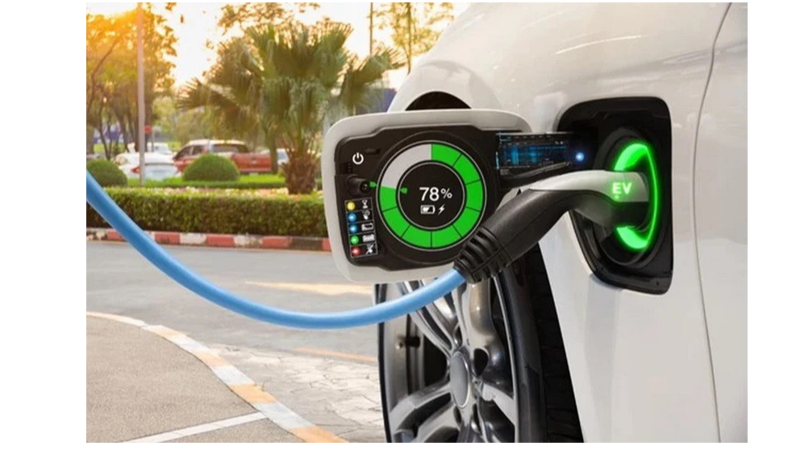To achieve its ambitious net-zero emissions target, Vietnam is focusing on transforming its road transport sector. This includes a significant shift towards electric vehicles and the development of sustainable infrastructure.
The Ministry of Transport's plan outlines a goal of having 30% of the population using electric cars and 22% using electric motorcycles by 2030.
To facilitate this transition, the Government will update regulations to accommodate electric vehicles, including the establishment of charging infrastructure at rest stops.
Major cities like Hanoi and Ho Chi Minh City are investing heavily in public transportation, with the development of urban railway systems and the expansion of natural gas-powered buses. Additionally, the Government is promoting the use of railways, inland waterways, and coastal routes to reduce road congestion and emissions.
By implementing these measures, Vietnam aims to reduce greenhouse gas emissions by 5.9% compared to a business-as-usual scenario. This will involve reducing emissions by 3.4 million tons of CO2eq by 2025 and 10.61 million tons by 2030.
With the current number of vehicles and annual increases, greenhouse gas emissions are projected to increase by an average of 6-7% per year, reaching nearly 90 million tons of CO2eq by 2030.









 Google translate
Google translate